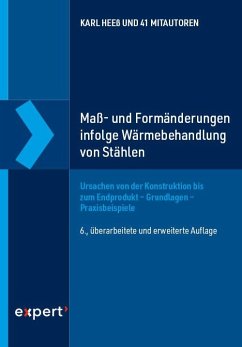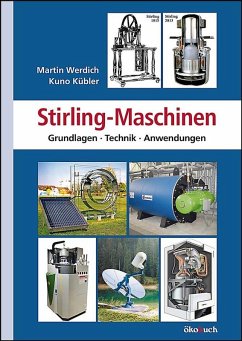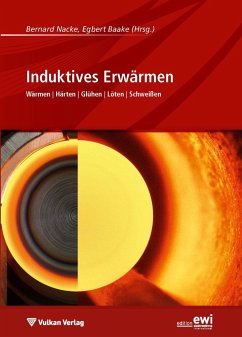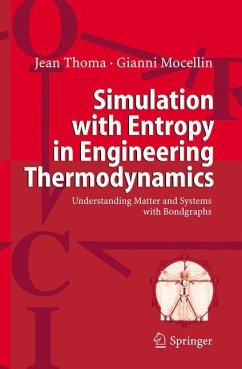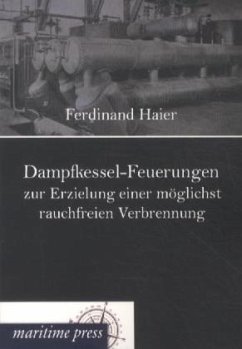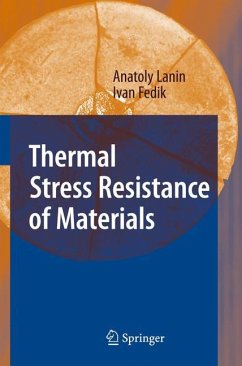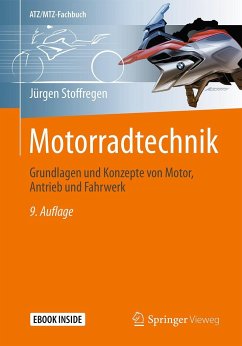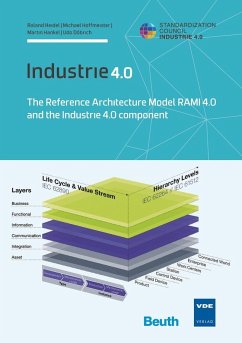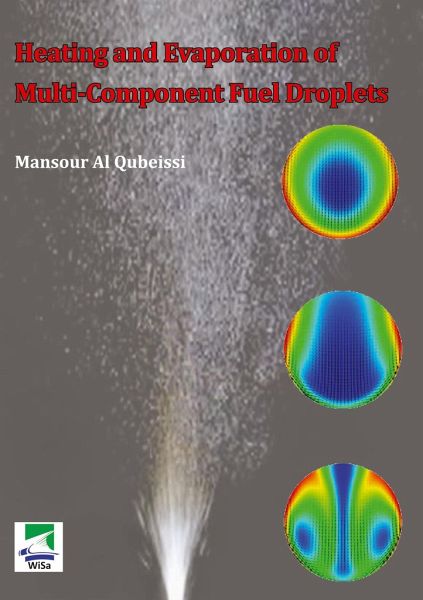
Heating and Evaporation of Multi-Component Fuel Droplets
Versandkostenfrei!
Versandfertig in 6-10 Tagen
49,90 €
inkl. MwSt.

PAYBACK Punkte
0 °P sammeln!
This book documents pioneering mathematical models introduced for the simulation of multi-component droplets heating and evaporation processes which are implementable into commercial CFD codes. These models, described as multi-dimensional quasi discrete` (MDQD) and discrete-component` models, were applied to automotive fuel droplets in experimentally measured internal combustion engine conditions for biodiesel, diesel, and gasoline fuels. For instance, it is shown that the suggested models lead to accurate predictions of temperatures and evaporation times in typical diesel and gasoline engine ...
This book documents pioneering mathematical models introduced for the simulation of multi-component droplets heating and evaporation processes which are implementable into commercial CFD codes. These models, described as multi-dimensional quasi discrete` (MDQD) and discrete-component` models, were applied to automotive fuel droplets in experimentally measured internal combustion engine conditions for biodiesel, diesel, and gasoline fuels. For instance, it is shown that the suggested models lead to accurate predictions of temperatures and evaporation times in typical diesel and gasoline engine conditions. Such models have also reduced CPU time about 85% compared with cases when classical approaches are used.



